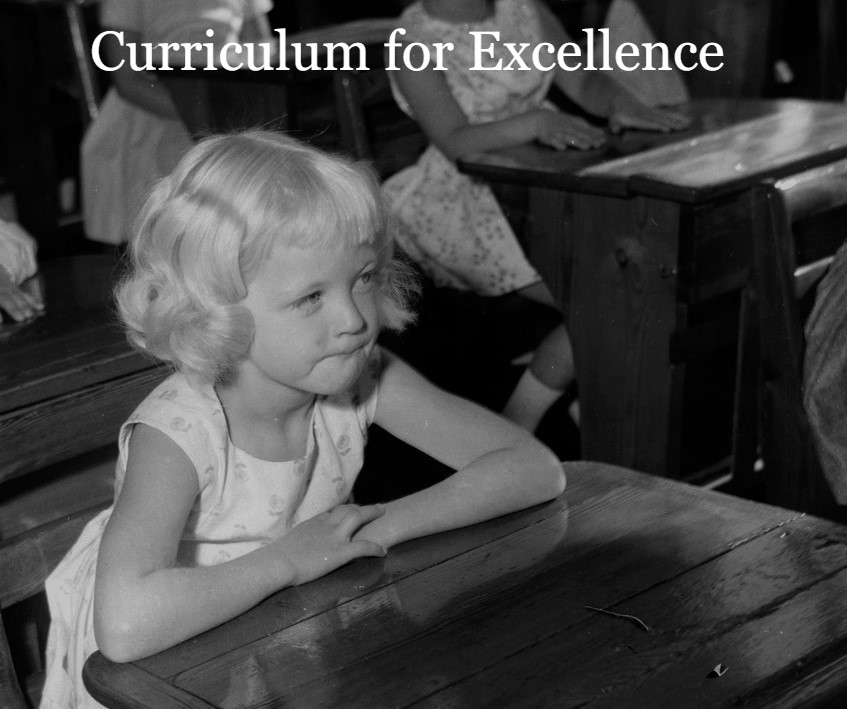Pride goeth
before destruction,
So,
she always gets one wrong
And
spoils the perfect 10
She
so covets, covets
Like
battery acid in the gut
She
argues over my marking
That ‘e’ is really an ‘a’, so it’s
right!
A
clash of wills, I don’t submit
Even
for a quiet life
She
checks classmates’ work
For
errors, but with a view
To
reducing their score!
And
argues this too
I
tell to mind her own business
She
threatens me with incompetence
And
when force doesn’t work
She
switches to tears, easily
For
her own sake and for that
Of
her future husbands I resist
Her
various manipulations, sometimes
It
feels like I am her future husband
Finally
she gets them all correct
I
congratulate, genuinely pleased
For
her and equally relived for myself
But
alas to find the taste of victory
Did
not bring the expected sweetness
Of
spirit distilled from relief
But
hubristic residue: It’s about time
I was shown some respect!
and a
haughty spirit before a fall.
By way of contrast with last week’s wonderful little girl
of the past, I present a sometimes less wonderful little girl of the present.
Such a child, here illustrated in the poem, could not and
would not have displayed this bumptiousness in a class of her grandmother’s
time. And any age prior to this would have rendered, even the thought, utterly
inconceivable. She could have played the Catherine de' Medici
at home, or perhaps the playground, but it was against just such lèse-majesté that teachers were armed with the belt. Whether its use (or more likely, threat of) could have sweetened her character is perhaps to be debated later, but it would have certainly put a leash on her tongue and the persecution of her classmates - and thus served, it could be argued, the public good.
I must note that I rather admired, grudgingly, the daemon
that drove this child. It is unusual to find one, at such a young age (P3), so
directly combative against an adult. If only this energy could have been put to
a kinder and more positive end; she could have been a little shining star,
instead of a dark star.
I rather fancied her as fixable, but this process would have
to come with her maturity. There is no way in the educational world of the
present that such a child could be sorted. This is our tragedy and hers.
I wish her well. And hope that she doesn't read this; I'm a wee bit scared of her coming to my door to tell me who's who and what's what.
